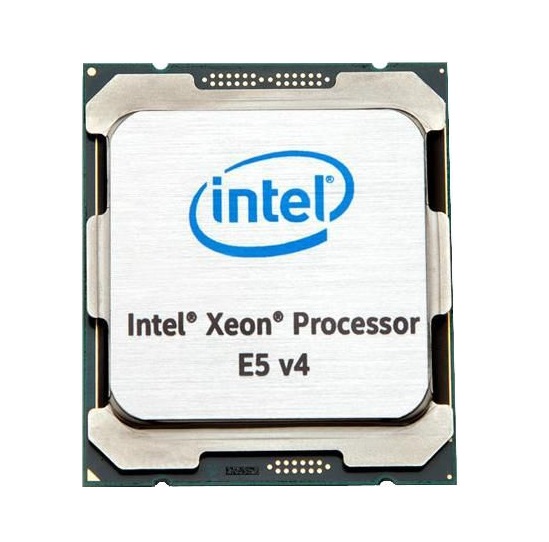CPUs and Processors
Welcome to our online store, where we offer a wide range of CPUs and processors for your computing needs. Whether you're building a new computer or upgrading your existing system, we have the right CPU or processor for you.
CPUs (Central Processing Units) and processors are the most important component of a computer system. They are responsible for executing all the commands and processing data. A good CPU or processor can make a significant difference in the performance of your computer, making it faster and more responsive.
Benefits:
High performance:A good CPU or processor can significantly improve the performance of your computer, making it faster and more responsive.
CPUs (Central Processing Units) and processors are the most important component of a computer system. They are responsible for executing all the commands and processing data. A good CPU or processor can make a significant difference in the performance of your computer, making it faster and more responsive.
A Power Distribution Unit (PDU) is equipment that is utilized in data centers to distribute electrical power to different computing devices and other equipment. PDUs are an essential component of data center infrastructure, as they provide a way to manage power distribution and reduce the risk of electrical overload or failure. PDUs provide centralized power management for data centers, allowing administrators to monitor power usage, allocate power to specific equipment, and detect potential power problems before they become critical. PDUs can help reduce energy consumption by providing power only to devices that need it. This helps reduce energy waste and save money on electricity bills. Many PDUs include remote management capabilities, allowing administrators to control and monitor power usage from a central location. This helps reduce the need for onsite visits and allows for more efficient management of the data center. Basic PDUs provide a simple power distribution solution, with no advanced features or monitoring capabilities. Metered PDUs provide basic monitoring capabilities, allowing administrators to track power usage and allocate power to specific devices. Switched PDUs offer more advanced monitoring and control features, including remote power cycling and outlet-level monitoring. Managed PDUs provide the highest level of monitoring and control, with features such as environmental monitoring, power usage tracking, and remote management capabilities. The input power cord connects the PDU to the main power source. The circuit breaker protects against overloading or short-circuiting of the PDU. The power outlets distribute power to connected devices. Depending on the type of PDU, there may be various monitoring and control features, such as environmental monitoring, remote power cycling, and outlet-level monitoring. Regular inspection of the PDU is essential to ensure that it is functioning properly and to identify any potential issues. Keeping the PDU clean can help prevent dust buildup and improve airflow. Keeping the firmware up to date can help ensure that the PDU is functioning properly and is secure. In conclusion, PDUs are an essential component of data center infrastructure, providing a way to manage power distribution and reduce the risk of electrical overload or failure. With various types and features available, selecting the right PDU for your data center is critical to ensuring efficient and effective power management. Regular maintenance and monitoring of the PDU can help ensure that it continues to function properly and provide reliable power distribution for your equipment.Power Distribution Unit (PDU)
Benefits of PDU:
Power management:
Increased efficiency:
Remote management:
Types of PDUs:
Basic PDUs:
Metered PDUs:
Switched PDUs:
Managed PDUs:
Components of a PDU:
Input power cord:
Circuit breaker:
Power outlets:
Monitoring and control features:
Maintenance of a PDU:
Regular inspection:
Cleaning:
Firmware updates:












